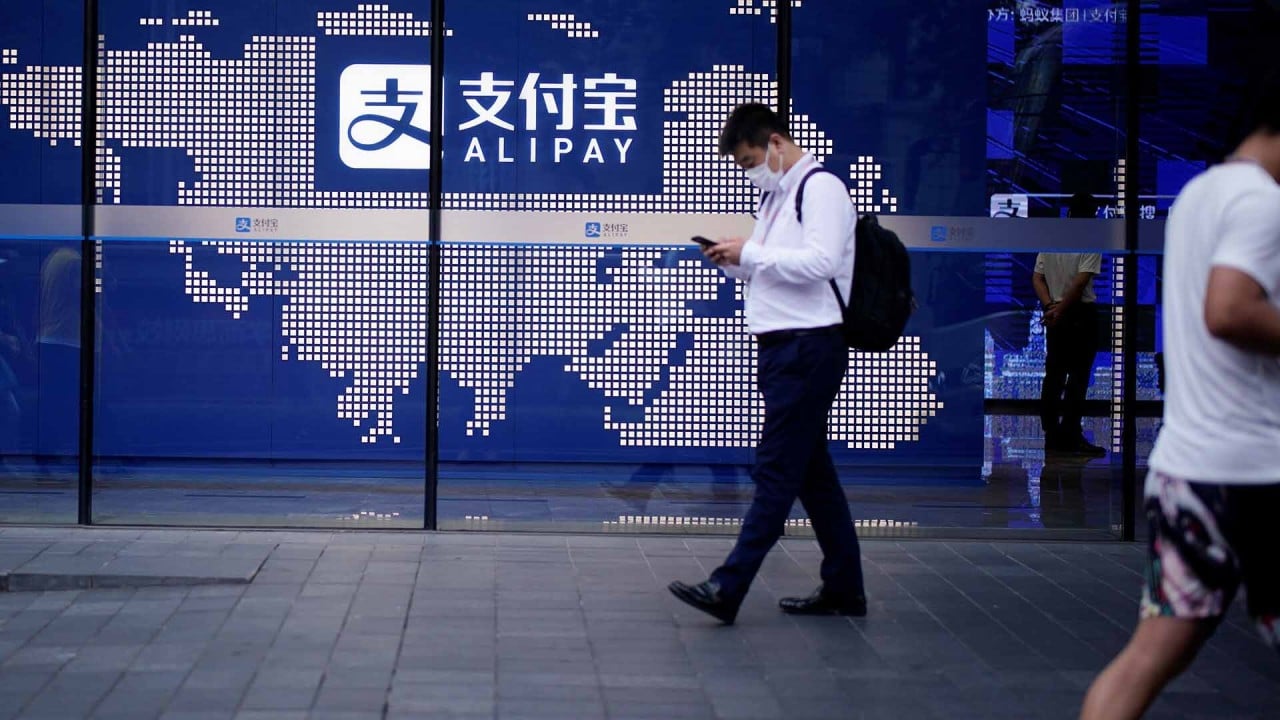
China bans microlenders from offering consumer loans to college students to curb over-lending
- Move will prevent some 30 million college students across the country from falling into debt traps
- Microcredit firms can offer loans at a maximum interest rate of up to four times the benchmark rate set by the central bank
China has banned microcredit firms from granting loans at college campuses in a bid to curb over-lending and to prevent more than 30 million students across the mainland from falling into debt traps.
“Some micro lenders have targeted college campuses and conducted inductive marketing via cooperation with technology firms,” the statement said. “These practices have induced college students to excessive consumption on internet platforms, and caused some students to fall into the traps of loan sharks.”
The CBIRC’s statement, jointly released with the People’s Bank of China, the Central Cyberspace Affairs Office, the Ministry of Education and the Ministry of Public Security, said that regulators were determined to weed out illegal practices that “harvest” college students.
In China, microcredit firms, also known as small loan businesses, can offer loans at a maximum interest rate of up to four times the benchmark rate set by the central bank. They are prohibited from taking deposits and can use only their own capital to extend credit.
At the end of 2020, China had more than 7,100 small loan firms with outstanding credit valued at just under 900 billion yuan (US$138.4 billion).
“Some students are keen on borrowing to obtain expensive items, such as smartphones,” said Yan Jinglan, a professor at the East China University of Science and Technology in Shanghai. “They have no idea about the lofty interest rates and the risks involved if they are unable to repay the loans.”
Many lenders use strong-arm tactics, including violence, to recover delinquent loans from college students.

P2P lending mushroomed on the mainland since 2012 when Beijing encouraged the operators to help cash-hungry small businesses access much-needed loans. But the sector spiralled out of control as thousands of platforms were found to be illegally running businesses that put depositors’ money at risk.
As of August 2020, China’s defunct P2P platforms still owed depositors 800 billion yuan after four years of crackdown by the regulators.
The P2P firms, technically information providers to match borrowers and lenders, collected a massive amount of investors’ money before re-lending it to cash-hungry businesses at elevated loan rates. College students were also among their main target clients.


